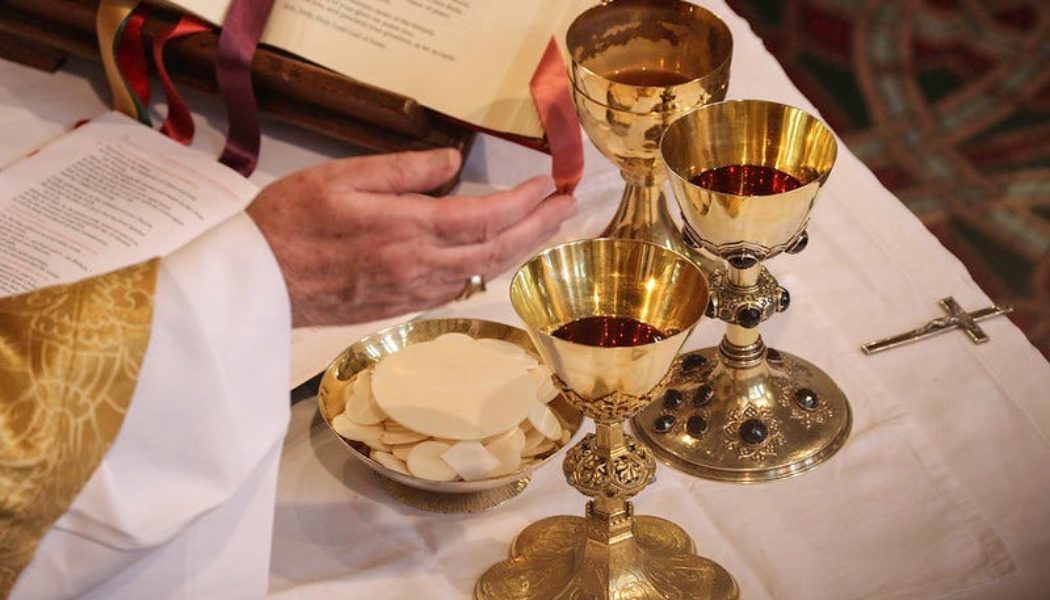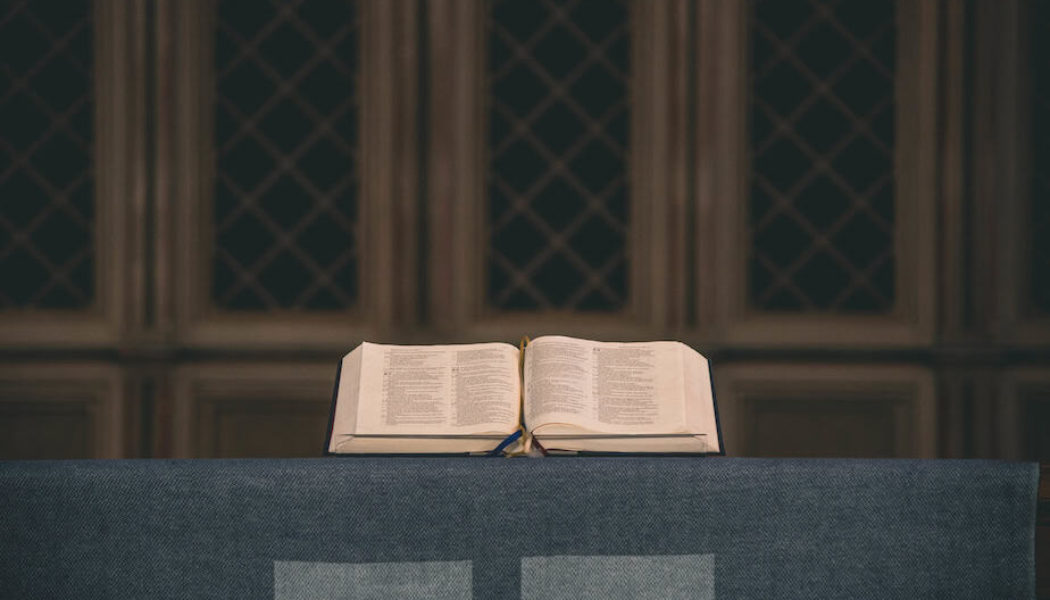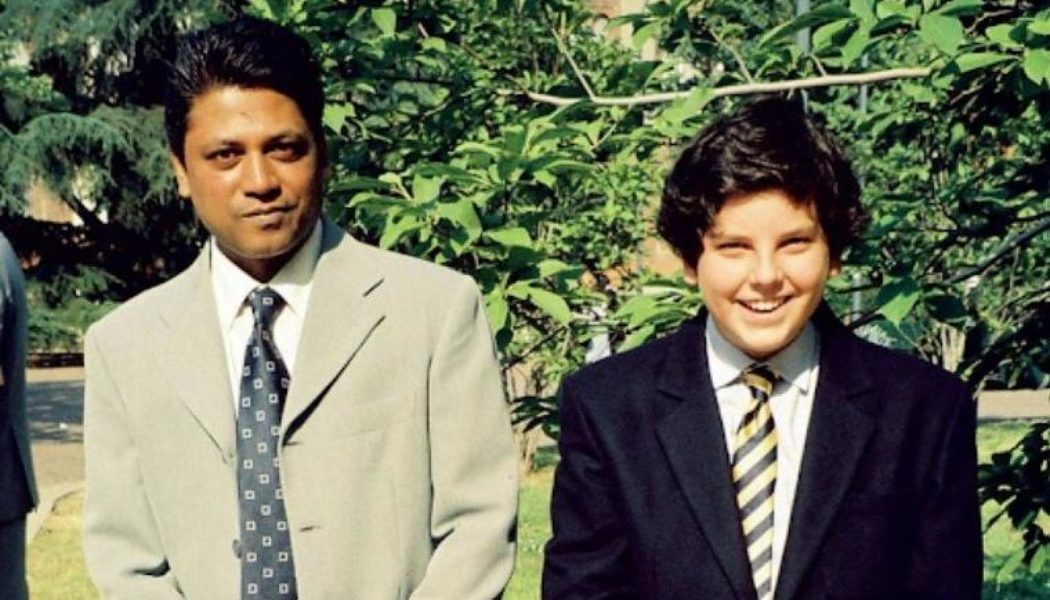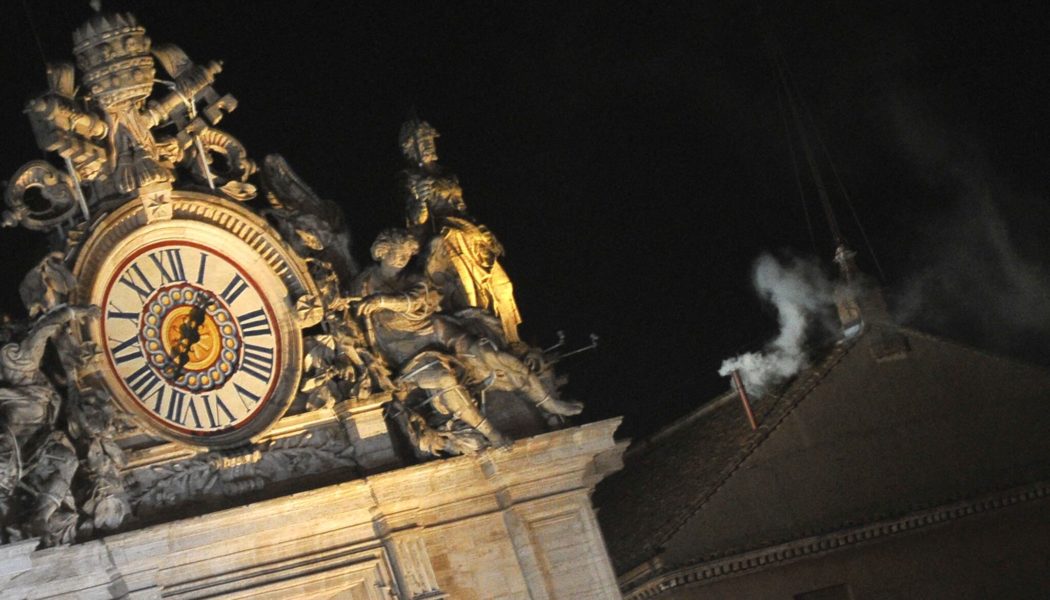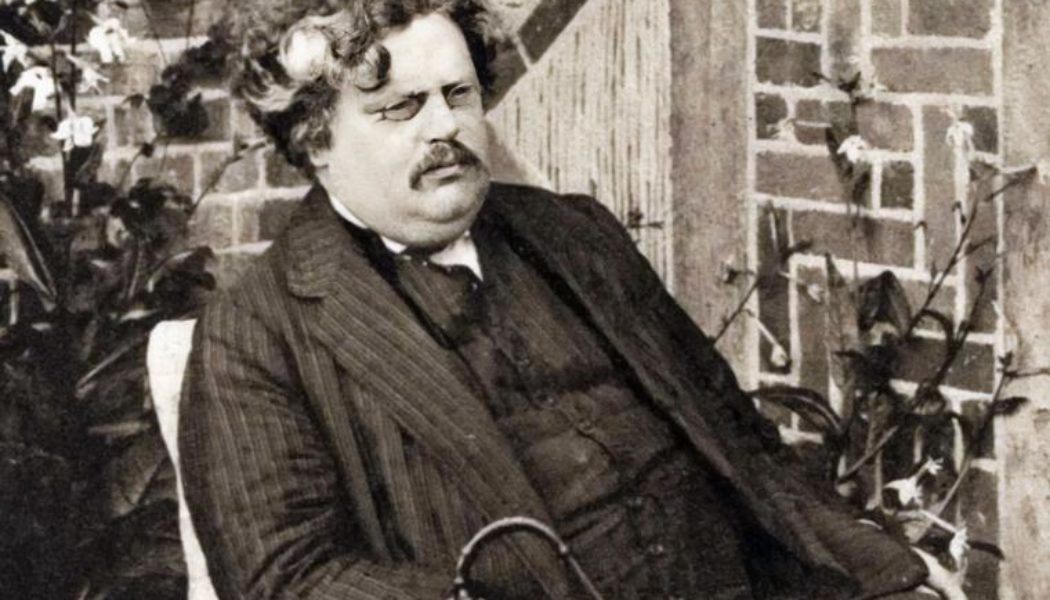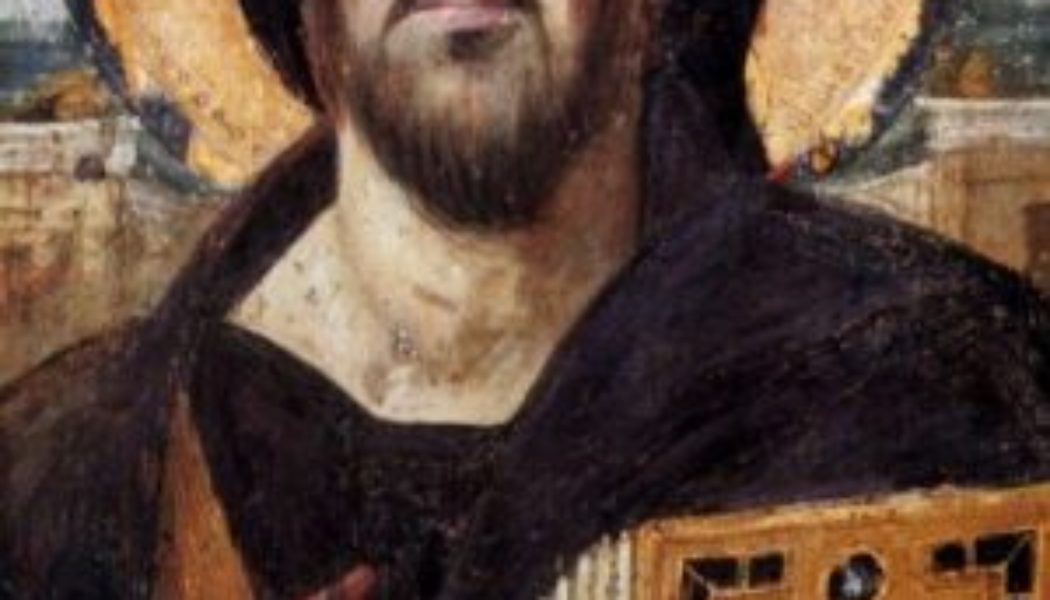Left
John Paul II was a visionary who sabotaged the status quo. Are there such visionaries among us today?
Forty-five years ago, the New York Times cast its gimlet eye over the first three days of Pope John Paul II’s return to his Polish homeland. Reading the signs of those times through the conventional wisdom of the day, the Grey Lady then offered a typically ex cathedra judgment, in a June 5, 1979, editorial: As much as the visit of Pope John Paul II must reinvigorate and reinspire the Roman Catholic Church in Poland, it does not threaten the political order of the nation or of Eastern Europe. Oops. To begin with, the Polish Church did not need reinvigorating or reinspiring in June 1979 – it was the strongest local Church behind the Iron Curtain, the repository of Poland’s authentic national identity, and a constant thorn in the side of the communist authorities. (Stalin had famously said th...
A Snapshot of Catholicism in China Under Xi Jinping [login required, but it’s free and the article is excellent]…
ABOUT COOKIES ON THIS SITE By continuing your visit on this website, you agree to the use of cookies to give you the very best browsing experience and to collect statistics on page visits. To find out more and to change your cookie settings click here. Services Marketplace – Listings, Bookings & Reviews Entertainment blogs & Forums
You are not powerless. You are never powerless. You have been baptized into the Cross of Jesus Christ, the Incarnate God who loves you…..
Let’s start with a simple fact: Man’s oldest and most persistent sin is idolatry. And if the human story teaches us anything, it’s that idolatry has an infinite wardrobe of disguises—and an endless number of victims. In the modern era, the go-to idol is the state, usually in the liturgical vestments of science. The Third Reich euthanized some 300,000 mentally and physically disabled persons. Then it killed another 6 million Jews, Gypsies, social outcasts, and political prisoners in the name of Aryan racial superiority. The political heirs of Karl Marx (Lenin, Stalin, Mao, Pol Pot, and others) murdered 25 million people in the Soviet bloc; 40 million in China; 2 million in a nation of just 7 million in Cambodia; and millions more elsewhere—all to create a new world and restart history from ...
There’s no such thing as a valid ‘gluten-free’ host — but here’s what you can do instead…
You can’t have a ‘gluten free’ Mass – but here’s what you can do Skip to content May is National Celiac Disease Awareness Month, which recognizes an autoimmune disease that renders a person highly intolerant to gluten. According to some experts, the disease affects 1% of the global population, and is on the rise. For Catholics, the celiac condition comes with a serious sacramental complication — how do you receive the Eucharistic species if you’re allergic to bread? Credit: Father Lawrence Lew, OP via Flickr (CC BY-NC-ND 2.0). As the number celiac diagnoses rises, there has been increased use in some parishes of so-called “gluten free” hosts — but are they really “gluten free?” Can you actually have a totally gluten free host — and would that still be valid matter for the Mass?...
On culture wars and the hypocrisy of the Catholic Left…
(Image: Alexander Grey/Unsplash.com) The term “culture warrior” is often invoked, usually pejoratively, to describe a certain kind of conservative Catholic who fights in the political sphere for the Catholic viewpoint to be enshrined in law on certain hot-button issues. I say “pejoratively” since the charge is often made that these issues are best fought on the cultural level, via the path of persuasion rather than on the political level. Conservatives are thus accused of being simplistic and naïve in trying to impose by law points of view that have not prevailed in the cultural domain on the level of argument. As with all caricatures, there is a modicum of truth in this assessment. And it is indeed true, by and large, that the conservative viewpoint on these issues has lost the cultural b...
Against Our False Gospel: Medieval Wisdom on the Spiritual Battle…
The modern world pushes its own gospel that focuses on the “self.” There is no need to fear God, for he is merciful. Follow your heart and your desires, for that brings happiness. You don’t have to think about anything negative, like death and judgment. You can decide for yourself what is sinful in your own conscience. People don’t go to Hell, except for possibly the very worst people like Hitler. You don’t have to take religion too seriously as long as you are a nice person. Times have changed, and we’ve outgrown all those old superstitions and bigoted beliefs. The whole reason we pray and go to church is to feel good about ourselves. Hearing this nonsense repeatedly might tire us, but it forms the basis of our mission field. People need to hear the Gospel as Christ himself preached it: “...
From Hinduism to Catholicism: How Soon-to-Be-Saint Carlo Acutis Inspired a Man to Convert…
On May 23, Pope Francis recognized a miracle attributed to the intercession of Blessed Carlo Acutis, paving the way for him to become the first millennial saint. The Italian computer-coding teenager who died of cancer in 2006 is known for his great devotion to the real presence of Jesus in the Eucharist. His witness inspired his own parents to return to practicing the Catholic faith and his Hindu au pair to convert and be baptized. The following is an adapted excerpt from the book Blessed Carlo Acutis: A Saint in Sneakers by CNA Rome Correspondent Courtney Mares. Blessed Carlo Acutis inspired the son of a Brahman Hindu priest to be baptized as a Catholic through the young boy’s joyful witness to Jesus’ presence in the Eucharist and his love for the poor. In an interview, Rajesh Mohur share...
Support and pray for those carrying the cross of infertility…
Be sensitive to couples having infertility problems. Don’t complain about pregnancy, birth or your baby around them. Your difficulties are their dream. Part one of this three-part series can be found here, and part two can be found here. by Katie and John MeinertSpecial to The Leaven St. John Paul II calls children the crowning glory of a marriage — the crowning glory. So when they don’t come to be, it is a real frustration of marital love and causes deep suffering. This suffering drives the multibillion-dollar fertility industry. It is only from such a place that people would subject themselves to that level of manipulation, financial hardship and grief explained in the earlier two articles. The fertility industry preys upon deep desires and broken hearts to make a tidy profit. In the fac...
Who will hold the keys of St. Peter after Pope Francis? The ups and downs of expertise…..
Areas of Catholic Herald business are still recovering post-pandemic. However, we are reaching out to the Catholic community and readership, that has been so loyal to the Catholic Herald. Please join us on our 135 year mission by supporting us. We are raising £250,000 to safeguard the Herald as a world-leading voice in Catholic journalism and teaching. We have been a bold and influential voice in the church since 1888, standing up for traditional Catholic culture and values. Please consider donating. Services Marketplace – Listings, Bookings & Reviews Entertainment blogs & Forums
This Is GK Chesterton’s 150th Birthday — Here’s Why He Remains So Relevant Today…
“The first fact about the celebration of a birthday is that it is a way of affirming defiantly, and even flamboyantly, that it is a good thing to be alive,” — G.K. Chesterton Writing about the defiant and flamboyant G.K. Chesterton is fraught. It requires quoting him, and then one quotation piles upon another, and it seems a disservice to the reader for the author to interrupt Chesterton’s words with his own. So what results is a compendium of quotations, more a small anthology than an article. But it is Gilbert Keith Chesterton’s 150th birthday; he was born May 29, 1874. So to write about him — and quote him — is meet and fitting. The English language is not short of great Catholic convert writers. St. John Henry Newman inspired GKC, and GKC in turn inspired the incomparable Msgr. Ronald ...
The Hallmark liturgical calendar…
By Phil Lawler ( bio – articles – email ) | May 27, 2024 Did you celebrate Trinity Sunday yesterday? At the Vatican, the same feast was on the liturgical calendar, but the focus was on the First World Children’s Day. On January 1 we celebrate the feast of Mary, Mother of God. But if you read the newspapers the next day, the stories from Rome will be about the World Day of Peace. Not quite two weeks ago the Vatican observed the World Day for Grandparents and the Elderly. We have carried news stories on the World Day for Migrants and Refugees, the World Day of the Sick, the World Day of Communications, the World Day of the Poor, and International Friendship Day. If the UN declares a “Day of X,” chances are good that the Vatican will join in the celebration (balking, perhaps, at i...
Blood of the Covenant: Looking Ahead to This Sunday’s Celebration of Corpus Christi…
Readings:Exodus 24:3-8Psalm 116:12-13, 15-18Hebrews 9:11-15Mark 14:12-16, 22-26 All of today’s readings are set in the context of the Passover. The First Reading recalls the old covenant celebrated at Sinai following the first Passover and the Exodus. In sprinkling the blood of the covenant on the Israelites, Moses was symbolizing God’s desire in this covenant to make them His family, His “blood” relations. Quoting Moses’ words in today’s Gospel, Jesus elevates and transforms this covenant symbol to an extraordinary reality. In the new covenant made in the blood of Christ, we truly become one with His body and blood. The first covenant made with Moses and Israel at Sinai was but a shadow of this new and greater covenant made by Christ with all humankind in that upper room (see Hebrews 10:1...
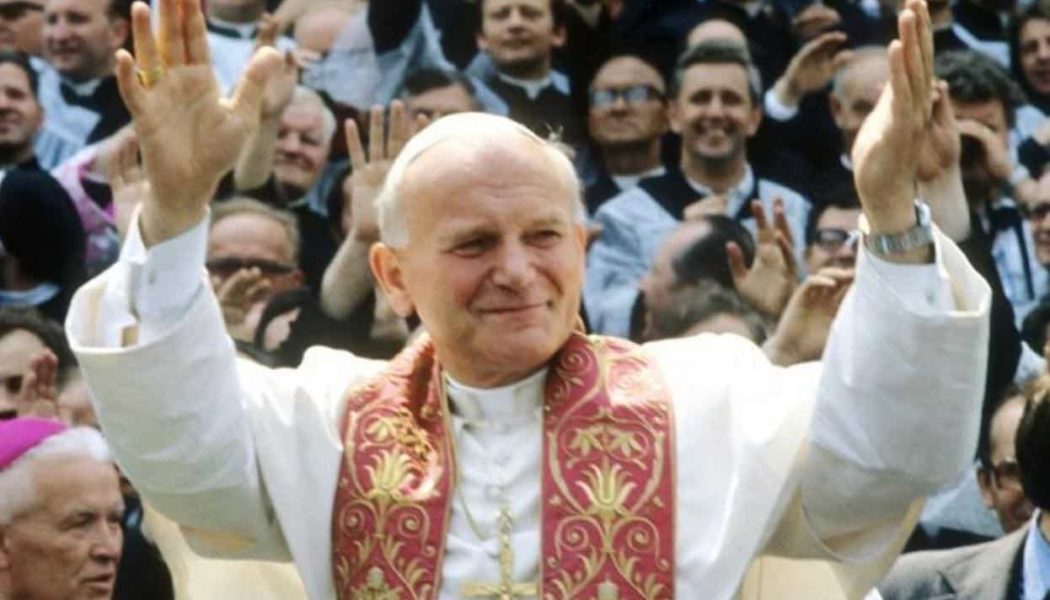

![A Snapshot of Catholicism in China Under Xi Jinping [login required, but it’s free and the article is excellent]…](https://salvationprosperity.net/wp-content/uploads/2024/06/a-snapshot-of-catholicism-in-china-under-xi-jinping-login-required-but-its-free-and-the-article-is-excellent-1050x600.jpg)
![A Snapshot of Catholicism in China Under Xi Jinping [login required, but it’s free and the article is excellent]…](https://salvationprosperity.net/wp-content/uploads/2024/06/a-snapshot-of-catholicism-in-china-under-xi-jinping-login-required-but-its-free-and-the-article-is-excellent-80x80.jpg)


